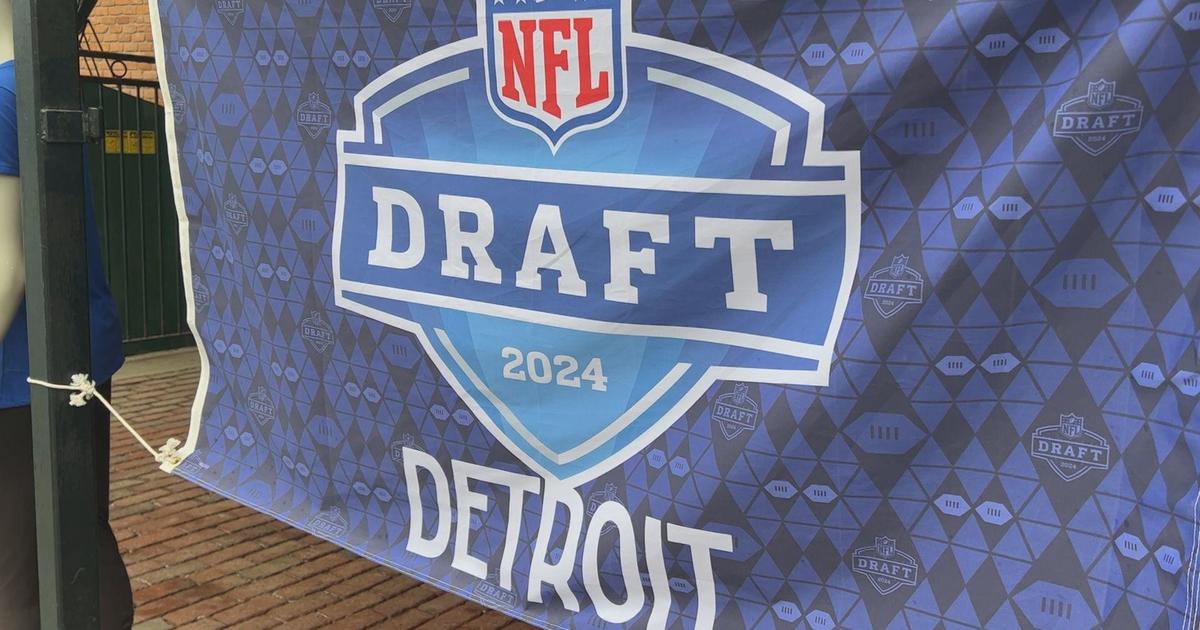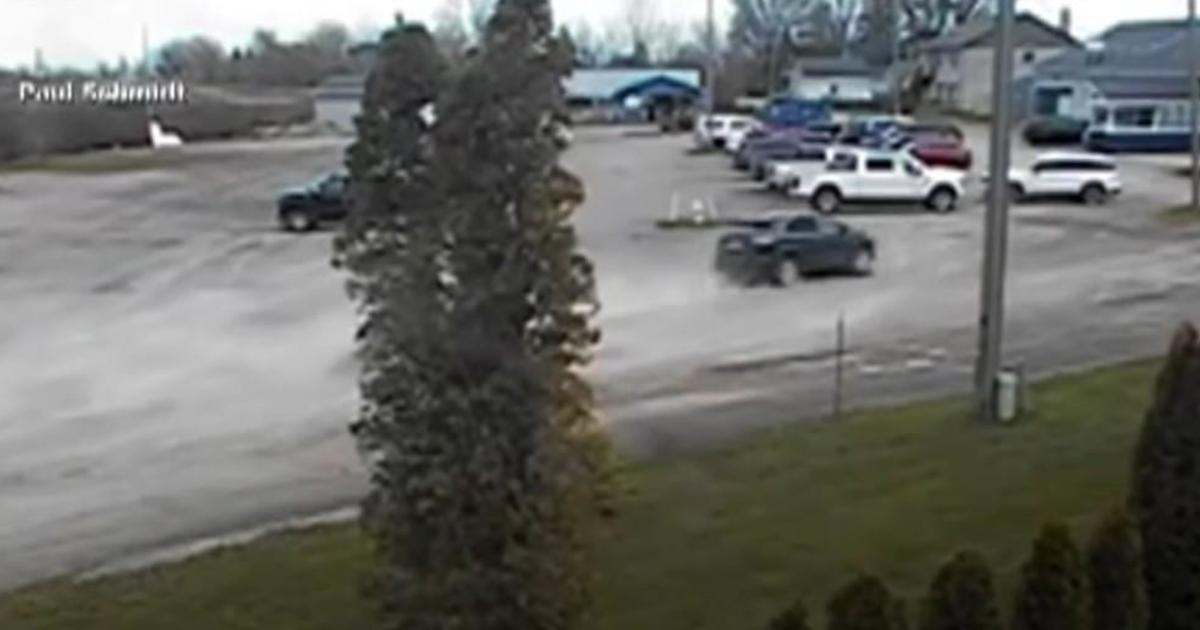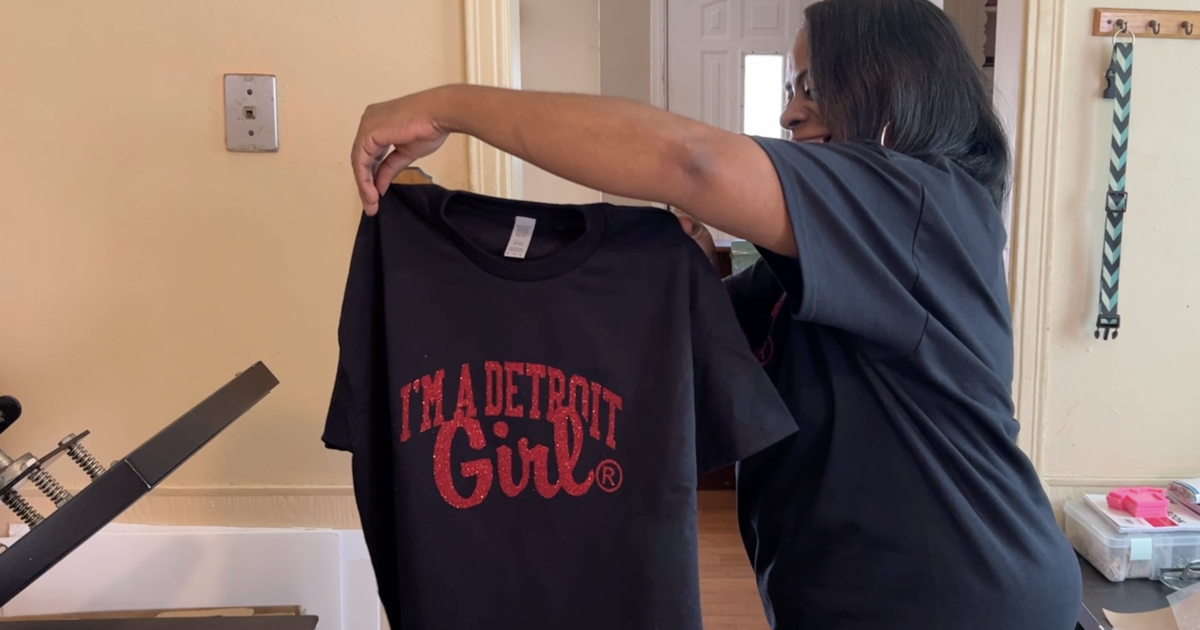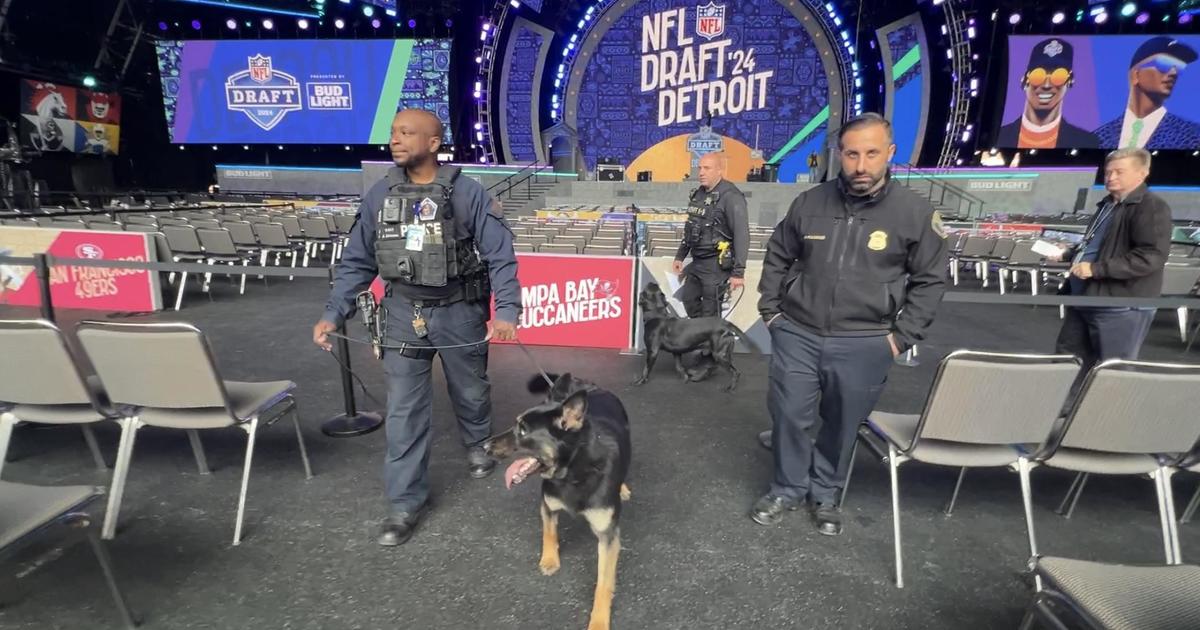FDA Warns That Recalled Defibrillators May Fail In Emergencies
DETROIT (WWJ/AP) - They're supposed to make the difference in cases of life and death, but now the federal government is warning people not to use certain heart defibrillators.
Federal health regulators say the defibrillators, recalled by Philips Healthcare, may fail to deliver a life-saving shock in an emergency.
Philips recalled three models of its HeartStart devices in September 2012 due to an electrical malfunction.
The recalled HeartStart FRx and HS1 (OnSite and Home) devices include an electrical part called a resistor that could fail when high voltage is applied, and that could prevent the device from delivering the necessary shock. If the resistor fails, the device will emit an audible triple-chirp alert.
The recall affects about 700,000 defibrillators sold between 2005 and 2012.
Customers who have received the affected devices should contact Philips at 1-800-263-3342 to receive a replacement. Until a replacement is received, the agency does recommend keeping the recalled defibrillators in service because it considers the benefits of attempting to use the device in a cardiac arrest emergency greater than the risk of not attempting to use the defibrillator, said Steve Silverman, director of the Office of Compliance in the FDA's Center for Devices and Radiological Health, in a statement Tuesday. [More recall info here].
In March the FDA proposed new requirements for companies that manufacture external defibrillators, which are found everywhere from hospitals to schools to airports. The proposed rules would require an FDA review of devices before their launch and are intended to curb years of recalls caused by design and manufacturing flaws.
Philips said Tuesday that it has not received any reports of patient harm due to this recall and has been working closely with regulatory authorities and with customers to address this issue.
The defibrillators are used to restore normal heart function in people who've suffered sudden cardiac arrest.
If there's not a working defib around, the best shot for someone who's suffered a sudden cardiac arrest is a bystander performing CPR.
If you don't know it, you can learn online or in a class. [Find a course at this link].
(TM and © Copyright 2013 CBS Radio Inc. and its relevant subsidiaries. CBS RADIO and EYE Logo TM and Copyright 2013 CBS Broadcasting Inc. Used under license. All Rights Reserved. This material may not be published, broadcast, rewritten, or redistributed. The Associated Press contributed to this report.)



